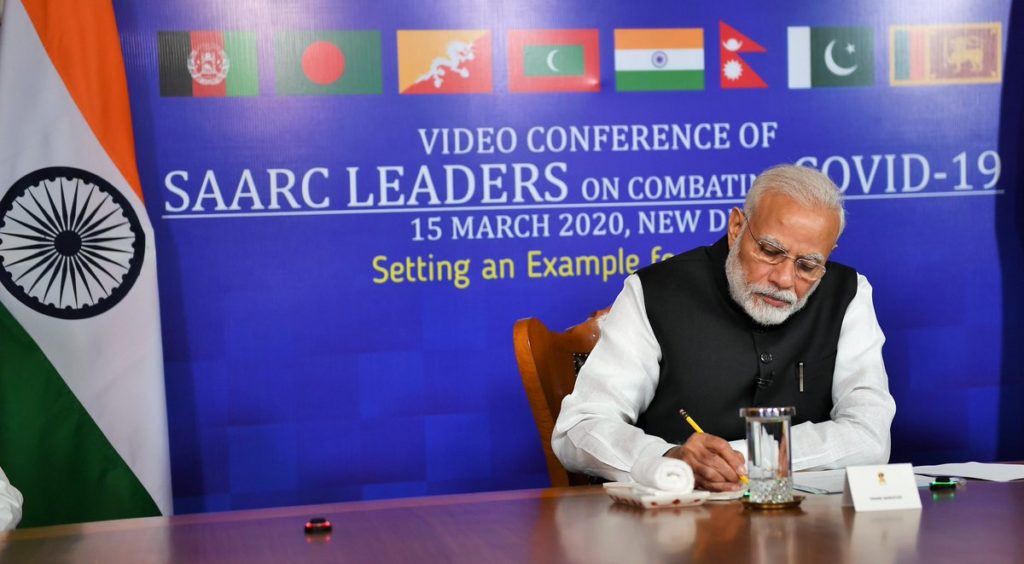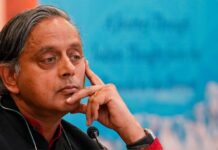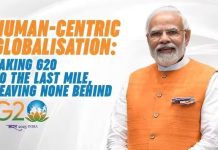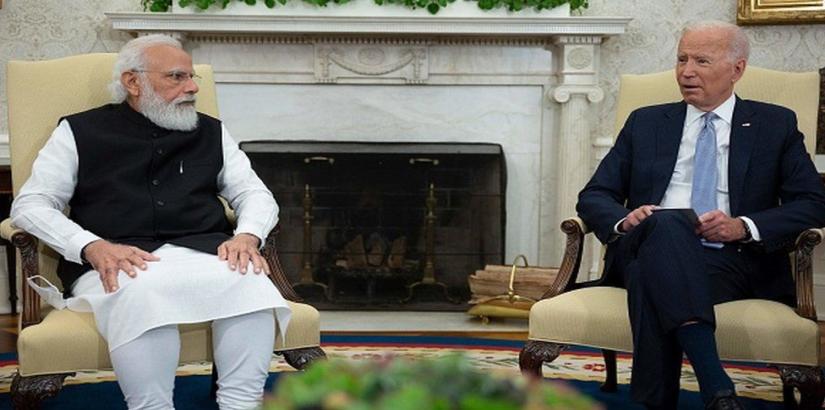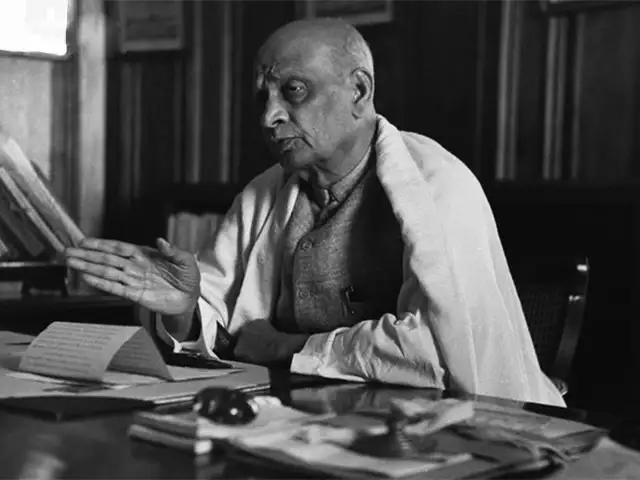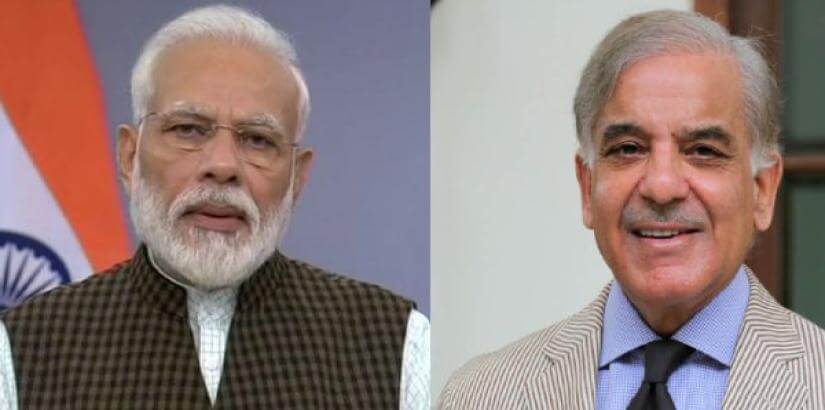With India reeling under years of botched economic policies and witnessing a rapid rise in violence, toxicity and irrationality thanks to growing intolerance, COVID-19 pandemic couldn’t have struck at a worse moment. For Prime Minister Narendra Modi, this “Mahamari” (epidemic) is the biggest challenge in his career as his legacy will largely depend on how, on his watch, India emerges from the ravages of the contagion.
Will this extraordinary situation prompt Modi, with four more years left in his second term, to take a stab at statesmanship, shedding the straightjacket of Hindutva hyper-nationalism and reaching across the aisle? Or, will he try to weaponize the virus for political ends and opt for a power grab a la right-wingers like Hungary’s Viktor Orbán?
Internationally too, the new citizenship legislation and the revocation of the special status of Kashmir last year along with a brutal clampdown of civil liberties in the state had drawn flak from even friendly nations such as France, Germany and Norway. Regional players Iran and Malaysia were outspoken in their criticism of the “Islamophobic” law.
In the US, there has been bipartisan concern over New Delhi’s moves undercutting the country’s “long-standing and fundamental traditions of secularism, democracy and pluralism.” The U.S. Commission on International Religious Freedom called for sanctions to be considered against Home Minister Amit Shah, the perceived architect of the citizenship law. UN Human Rights Commissioner too weighed in against the “fundamentally discriminatory” legislation.
Even before the pandemic, the International Monetary Fund had slashed India’s growth forecast to 4.8 per cent in the just-concluded fiscal compared to 7 per cent in 2014-15 – largely due to the whacky “demonetization” and the botched introduction of the Goods and Services Tax. Unemployment rate had reached the highest in 45 years in a country with more than 65 per cent of its population under 35.
IMF has further slashed India’s growth estimate for FY21 to 1.9 per cent warning that the “worst recession since the Great Depression” will dwarf the global financial crisis a decade back. The steep decline in growth will hit ordinary people the most, especially the youth already reeling under high unemployment. The health and safety implications of COVID-19 are the most urgent to deal with but soon its political, economic and social ramifications will become just as consequential.
As reports of unimaginable hardships resulting from the largest mass migration since partition emerged, the government’s response was moving the Supreme Court to restrict the media from publishing anything about the pandemic but the government’s version of events at a time when accurate information is crucial.
Nobody knows the scale of the catastrophe COVID-19 will leave in its wake but as Paul Krugman calls it, the economy could be knocked into a “coronacoma”. India is poised for an all-out war and, like in any war, this is not the time for partisanship. It’s in this scenario that Modi will find himself at a fork in the road. One path — that will lay the foundation for a sustainable and inclusive recovery — may require, among others, the following steps:
Reach out to the opposition and constitute a high-powered intra-party task force, roping in eminent persons like, for example, former prime minister Manmohan Singh and Nobel Laureate Abhijit Banerjee, among others, to chalk out a massive economic recovery plan mirroring the Marshall Plan launched by U.S. President Harry Truman after World War II.
Stamp out the burgeoning ecosystem of pseudoscience and promote scientific temper by heavily investing in science, technology and cutting-edge research. Take a leaf from the tiny United Arab Emirates, which has an entire ministry dedicated to artificial intelligence.
With Namaste replacing bear hugs and hand-shakes world over revive another great Indian contribution to the world, the currently moribund Hindu philosophical principle of “Vasudhaiva Kutumbakam” (the world is one family). This will also help stamp out the highly toxic communal virus that has infected the body politic.’
This being the most difficult of all, reach out to and make peace with Pakistan, recognising that a tiny virus has brought the whole world to its knees irrespective of colour, caste, creed or national boundaries.
There are many examples to follow, including that of Ethiopian Prime Minister Abiy Ahmed whose rapprochement with neighbouring Eritrea landed him the 2019 Nobel Peace Prize.
The other fork in the road may tempt Modi to go with his characteristic diablerie, perhaps taking a leaf from extreme right-wingers like Hungarian leader Orbán, who recently acquired rule-by-decree powers to deal with the pandemic. That will only spell doom for the world’s largest democracy and unleash a million mutinies.
(The author is a former spokesperson with the United Nations and a political observer. He can be reached @edmathew on Twitter)

